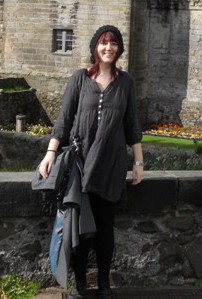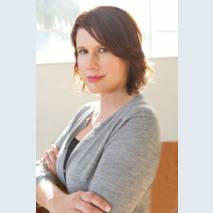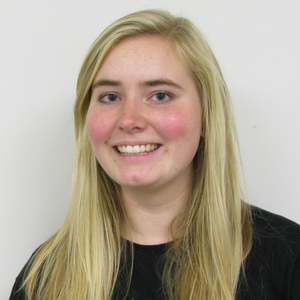 As part of Edinburgh’s annual West Port Book Festival, the Scottish Poetry Library hosted a 3 hour battle for “Copyright: What’s it all about,” on 16th October, with tea and cakes, well attended by media persons, library members, writers, solicitors, artists, content creators, and other publishing students.
As part of Edinburgh’s annual West Port Book Festival, the Scottish Poetry Library hosted a 3 hour battle for “Copyright: What’s it all about,” on 16th October, with tea and cakes, well attended by media persons, library members, writers, solicitors, artists, content creators, and other publishing students.
Three distinguished speakers offered their points of view on copyright law, its history, and increasing relevance in these fast changing digitised times, locally and internationally. Dr. Padmini Ray Murray, Lecturer of Publishing Studies at University of Stirling chaired the panel.
Dublin born Ronan Sheehan, began with a tribute to Columcille, the Irish saint who founded the monastery of Iona and declared “To every cow its calf, to every book its copy.” The case between Saint Finnian and Columcille illustrates finely the age old battle for copyright. “There were 2 forms of utterance, by Poet and by the Judge. And when the Judge got it wrong, there was catastrophe,” ruled Ronan. The speaker played devil’s advocate on several occasions, but host to the basic premise that photocopying and distribution is an infringement of civil rights, not a criminal offense to be dealt with by  “policemen”. He clarified that there needs to be a law protecting authors, and that authors should actually donate part of their estate to the state in return for certain benefits, like tax exemptions.
“policemen”. He clarified that there needs to be a law protecting authors, and that authors should actually donate part of their estate to the state in return for certain benefits, like tax exemptions.
Intellectual Property historian Dr. Aileen Fyfe gave historical perspective to copyright, in the 18th and 19th centuries and sourcing origins to the first British Copyright Act in 1709. Prior to that, only “pirates” printed certain titles— as they lacked the concept of public domain. In 1774, limited copyright emerged, whereby power to print most text was limited to a handful, and passed down to heirs. This led to a monopoly of certain titles and continuing high prices attached to those works. Later, The Act for Encouragement of Learning exploited the copyright as much as possible towards the benefit of the common good. At about the same time a huge amount of pirated books entered Scotland and Ireland.
Leading us into the nineteenth century, Fyfe explained that the strongest link to copyright and the author came about when copyright spanned the lifetime of the author. Because of this, the estate for heirs could be cleverly planned. Longer term copyright was good for publishers because it led to a huge price differential between books within and outside of copyright, equal to almost the wage of a low income worker! Works in public domain could be reprinted cheaply, but more rights for authors did not help readers.
By the 21st century, the international copyright was implemented. It began with North America not recognising British copyrights. Initial copyright law offered protection to only books, not magazines, under the emphasis that public education and wide circulation were priorities within this sector. Authors like Charles Dickens were up in arms against British authors not being able to make any profits out of this siphoning of British literature. Aileen talked about life post the Berne Convention 1886, and broke up copyright into three distinct phases of perpetual copyright, greater possibilities in the 19th century with authors’ benefits, and finally USA’s agreement to put in place an international law.
The third panelist Stephen Taylor, a solicitor who advises clients on commercial copyright, talked at length about the Digital Economy Act which was passed last year. He quoted statistics of about 7 million people file sharing every year, costing the government several millions of pounds annually. The government has been under pressure, gathering industry insiders to pool solutions, but despite several memoranda having been drawn up, the actual implementation fares poorly. Stephen’s mention of the Digital Economy Act sparked interest in how the internet was stealing authorship, and how “cyberpirates” were all over the publishing world too. However, the initial protector of the net affluent client, the Internet Service Provider is now also its police, and can serve legal notices to clients in breach of the Act, with repetitious warnings leading to eventual prosecution under the proposed laws. He also mentioned Creative Commons, a nonprofit organization that increases sharing and improves collaboration, has pushed boundaries in public learning.
Questions from the audience flowed in plenty, answers milling with references to Disney’s sleight of hand in the business of kids’ entertainment. Ronan Sheehan recalled with amusement the Piggley Pooh case, wherein a woman from Co. Meath Ireland had chronicled her life of growing up on a farm. Disney claimed that it held copyright of ‘Pooh’ (Winnie the Pooh) and the woman was denied use of the word in her title, which she had named after her grandmother’s pig! She did beat Disney, but only after several distraught years and expenses.
Padmini summarized the evening’s conversations with caution, “Writers should still hang on to their day jobs!”






